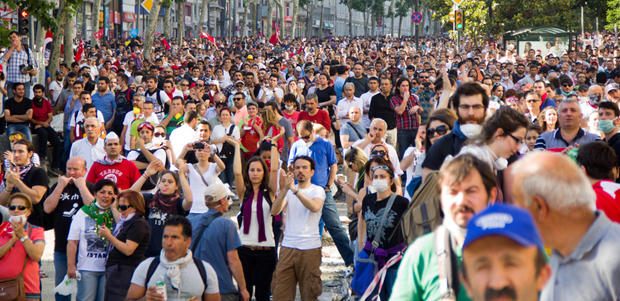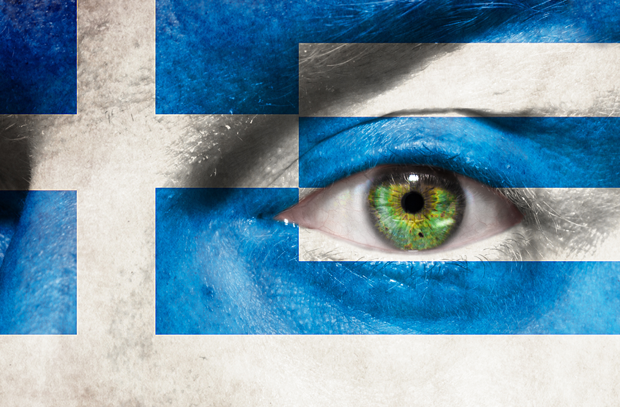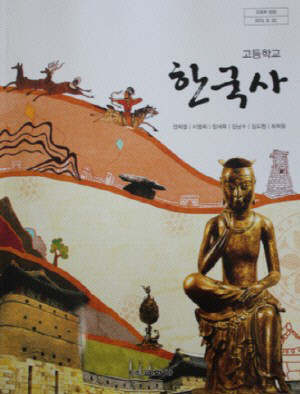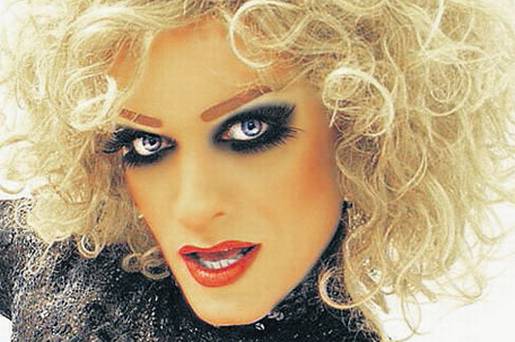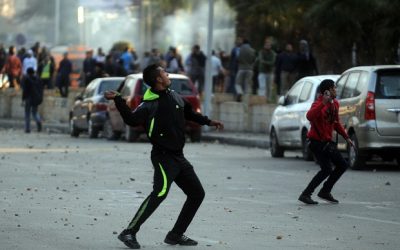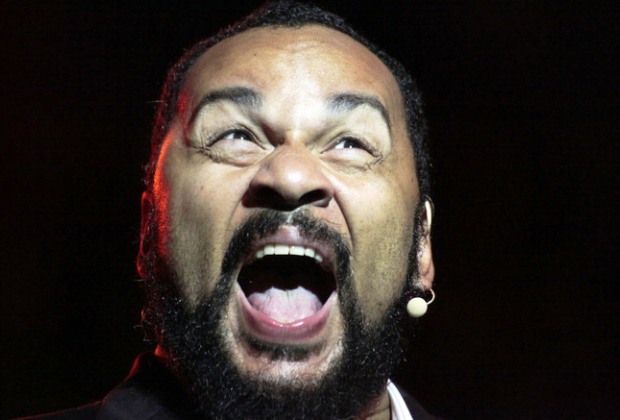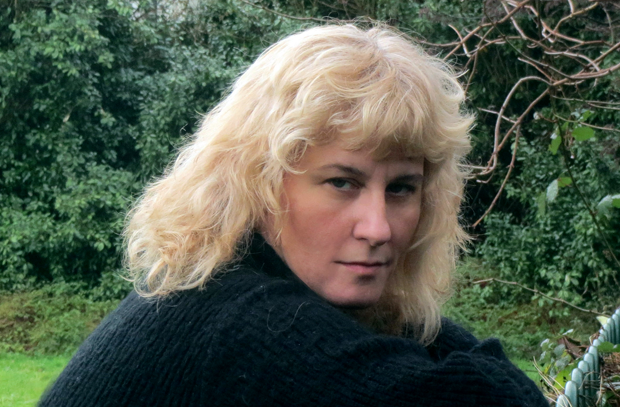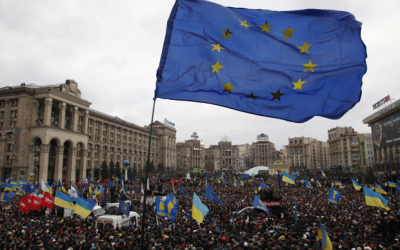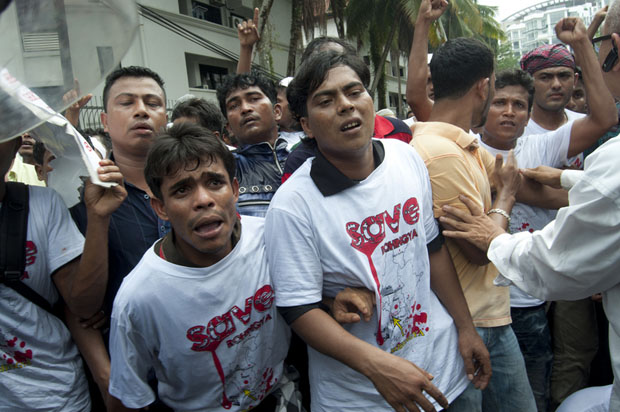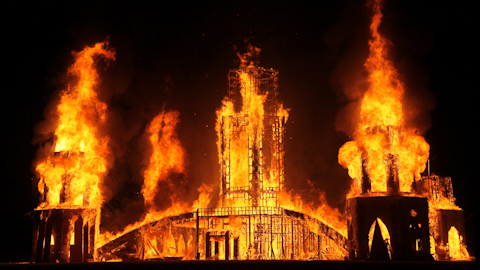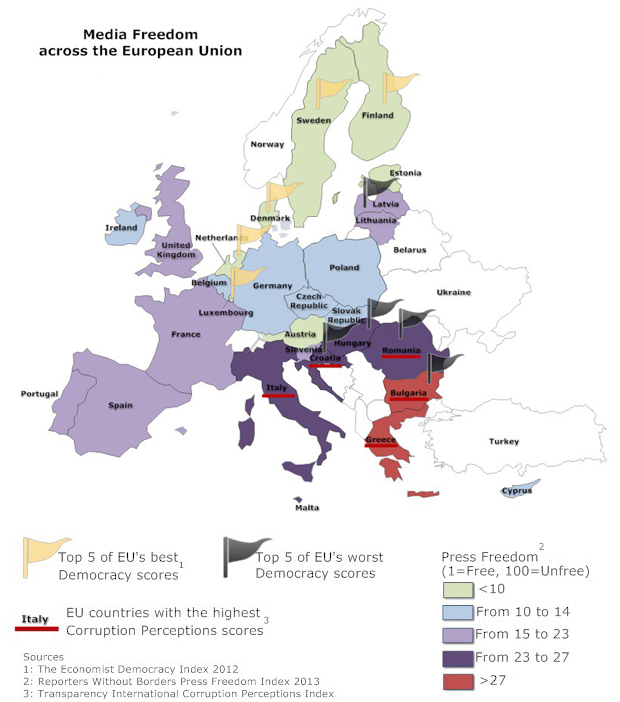Turkish author and playwright Meltem Arikan was amongst a small group of people who was accused by senior Turkish politicians and government sponsored media of being the architects of the Gezi Park demonstrations. Arikan shares her personal account of the events
CATEGORY: Religion and Culture
Atheist Union of Greece protests outdated blasphemy laws
Greece’s Penal Code has been criticised after a court ruled a man guilty of blasphemy for portraying a monk as a pasta-based dish on his Facebook page
South Koreans clash over history books
How children are taught about the birth of the nation is a contentious issue for many Koreans, writes Steven Borowiec
Ireland: Legal threats from Catholic commentators put drag artist Panti in a twist
A gay performer faces legal action after criticising “homophobic” journalists. But does this signal the weakness of traditional views on sexuality? Padraig Reidy reports
Did the Uttar Pradesh government ban two channels for being too critical?
It is almost impossible to believe, but the government of India’s largest and most populous state, Uttar Pradesh, seems to have taken the most popular English news channel, Times Now, off the air for criticizing it, Mahima Kaul reports
Egyptians to vote on new constitution amidst boycotts and apathy
Egyptians head to polling stations on Tuesday to vote on a revised constitution heralded by Egypt’s military-backed government as a” first step in the country’s democratic transition” and billed as a blueprint for the “new Egypt.” Shahira Amin reports
Dieudonne is a racist. And he has a right to free speech
It’s important to look ugly arguments in the eye, says Padraig Reidy
A conversation with Meltem Arikan, Turkish playwright and author
In the days after the Gezi Park protests, Turkish playwright and author Meltem Arikan found herself at the centre of a government-led hate campaign that left her fearing for her life.
The EU’s commitments to free expression: media freedom
There are a number of challenges to media freedom within the EU, in particular media ownership patterns, political and state pressure in the operation of the media and overly prescriptive regulation of the media.
The worst countries for religious freedom
Freedom of religion or belief requires freedom of expression. Both fundamental rights are protected in the Universal Declaration of Human Rights, yet nearly half of all countries penalise blasphemy, apostasy or defamation of religion, writes Brian Pellot
Destructive licence: Primal expressions of self
This year’s Burning Man festival featured a temple, built by hundreds of artists in the space of a few days. There are not many photographs I can...
The European Union’s commitments to freedom of expression
Since the entering into force of the Lisbon Treaty on 1 December 2009, which made the EU Charter of Fundamental Rights legally binding, the EU has gained an important tool to deal with breaches of fundamental rights.

